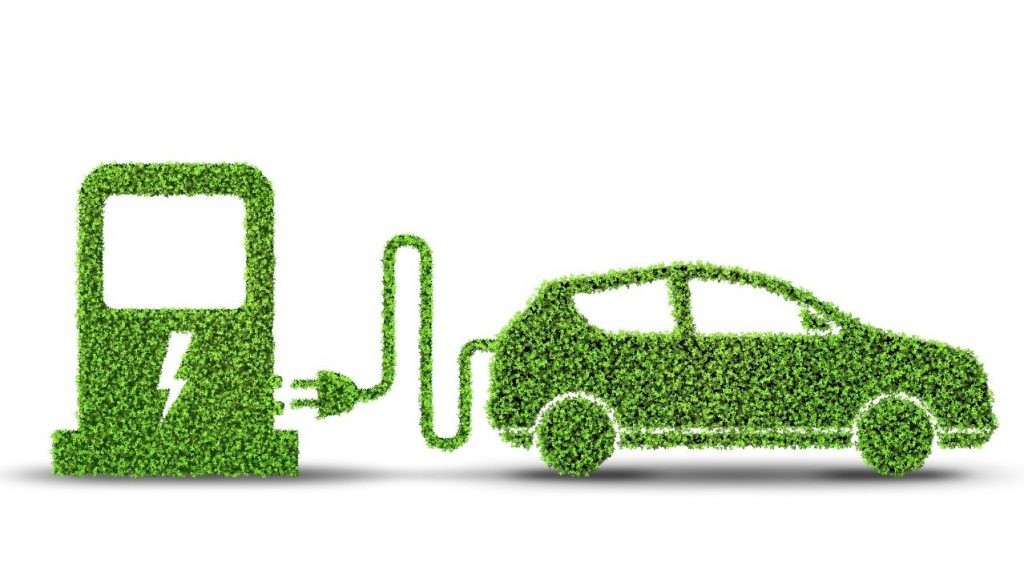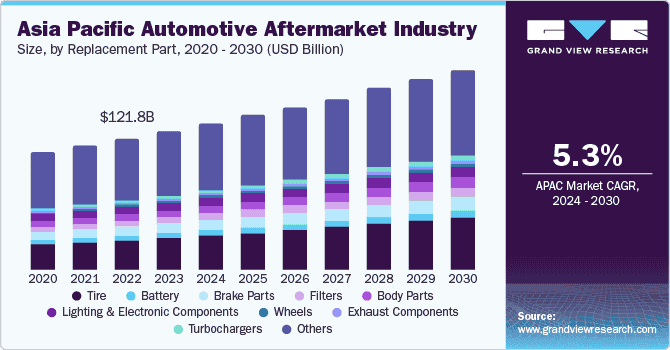Hydrogen Fuel Cells vs. EVs: What’s the Future?
Mia Anderson
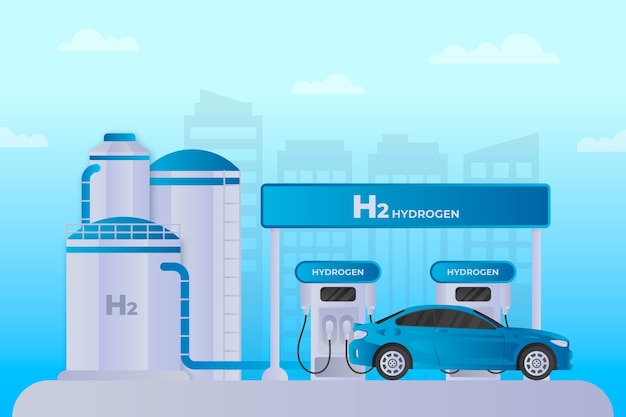
Photo: Hydrogen Fuel Cells vs. EVs: What’s the Future?
As the global push for sustainable energy intensifies, two frontrunners have emerged in the race to revolutionize transportation: hydrogen fuel cells and electric vehicles (EVs). Both technologies promise to significantly reduce carbon emissions and dependency on fossil fuels, but they operate on fundamentally different principles. This article explores the benefits and challenges of hydrogen fuel cells and EVs, analyzing their potential roles in the future of clean transportation.
Introduction: The Clean Energy Challenge
Transportation accounts for nearly 16% of global greenhouse gas emissions, making it a critical sector to decarbonize. Both hydrogen fuel cells and EVs aim to address this challenge, but the debate surrounding their viability has sparked global interest. While EVs have gained significant market traction, hydrogen fuel cells are often hailed as a complementary or even superior solution in certain contexts.
Which technology will dominate the future? Or will they coexist, serving distinct niches in the transportation ecosystem? Let’s dive into the details.
Hydrogen Fuel Cells: An Overview
How Do Hydrogen Fuel Cells Work?
Hydrogen fuel cells generate electricity by combining hydrogen and oxygen in a chemical reaction, producing water as the only byproduct. The process involves:
- Hydrogen Storage: Compressed hydrogen gas is stored in high-pressure tanks.
- Electricity Generation: Hydrogen reacts with oxygen in the fuel cell stack, creating electricity.
- Emission-Free Operation: The only emissions are water vapor and heat, making it a zero-emissions technology.
Advantages of Hydrogen Fuel Cells
- Rapid Refueling: Hydrogen vehicles can be refueled in minutes, comparable to traditional gasoline vehicles.
- High Energy Density: Hydrogen offers a higher energy-to-weight ratio than batteries, making it ideal for heavy-duty applications like trucks and buses.
- Scalability: Hydrogen infrastructure can serve multiple sectors, including industrial processes, power generation, and heating.
Challenges
Despite their promise, hydrogen fuel cells face significant hurdles:
- Infrastructure Development: Hydrogen refueling stations are sparse, limiting accessibility for consumers.
- Energy-Intensive Production: Producing green hydrogen (via electrolysis powered by renewable energy) remains costly and inefficient.
- Storage and Transport: Hydrogen is challenging to store and transport due to its low density and flammability.
Electric Vehicles: An Overview
How Do EVs Work?
Electric vehicles rely on lithium-ion batteries to store and supply electricity to an electric motor. Charging stations replenish these batteries, and the vehicles produce no tailpipe emissions.
Advantages of EVs
- Widespread Adoption: With a robust charging infrastructure and falling battery costs, EVs are accessible to a growing number of consumers.
- Energy Efficiency: EVs convert over 60% of energy from the grid to power the wheels, significantly higher than internal combustion engines.
- Government Incentives: Tax credits, rebates, and subsidies have accelerated EV adoption worldwide.
Challenges
While EVs are more established than hydrogen fuel cells, they are not without drawbacks:
- Battery Limitations: Lithium-ion batteries degrade over time, reducing range and efficiency.
- Charging Times: While improving, EV charging remains slower than refueling hydrogen or gasoline vehicles.
- Environmental Concerns: Mining raw materials for batteries (lithium, cobalt, nickel) poses ethical and environmental challenges.
Comparing Hydrogen Fuel Cells and EVs
Environmental Impact
Both technologies offer zero-emissions operation, but their production processes differ:
- Hydrogen fuel cells depend on green hydrogen to achieve carbon neutrality, while EVs rely on renewable electricity for sustainable charging.
- EVs currently have a smaller carbon footprint overall due to the efficiency of electricity generation and the maturity of renewable power grids.
Cost Considerations
- EVs benefit from economies of scale, making them more affordable for consumers. The average EV price dropped significantly over the past decade, with more budget-friendly options entering the market.
- Hydrogen fuel cell vehicles remain expensive due to high production and infrastructure costs.
Infrastructure and Accessibility
- EVs enjoy a well-established charging network, with millions of stations worldwide.
- Hydrogen refueling infrastructure lags far behind, though investments in this area are increasing.
The Future: Coexistence or Competition?
Where Hydrogen Excels
Hydrogen fuel cells may dominate in sectors where EVs face limitations:
- Heavy-Duty Transport: Trucks, buses, and ships benefit from hydrogen's high energy density and quick refueling.
- Remote Areas: Hydrogen's portability and storage capabilities make it suitable for regions with limited grid access.
Where EVs Shine
- Urban Mobility: EVs are ideal for city commutes, where short ranges and accessible charging stations meet consumer needs.
- Passenger Vehicles: EVs are likely to continue leading the personal vehicle market due to their affordability and convenience.
Potential Synergies
Instead of viewing hydrogen fuel cells and EVs as competitors, many experts envision a complementary future:
- Hydrogen could power industrial sectors and long-haul transportation, while EVs dominate light-duty vehicles and urban mobility.
- Investments in renewable energy will benefit both technologies, making them cleaner and more efficient.
Conclusion: A Collaborative Road Ahead
Hydrogen fuel cells and electric vehicles each have unique strengths and weaknesses. While EVs have a clear head start in the personal vehicle market, hydrogen fuel cells hold immense potential for heavy-duty applications and industrial use. The future likely lies in a hybrid approach, leveraging the best of both worlds to create a sustainable transportation ecosystem.
The key to success will be investment in infrastructure, innovation in production methods, and a commitment to reducing costs. As governments, businesses, and consumers continue to prioritize sustainability, both hydrogen and electric vehicles will play vital roles in achieving a cleaner, greener future.
Marketing
View All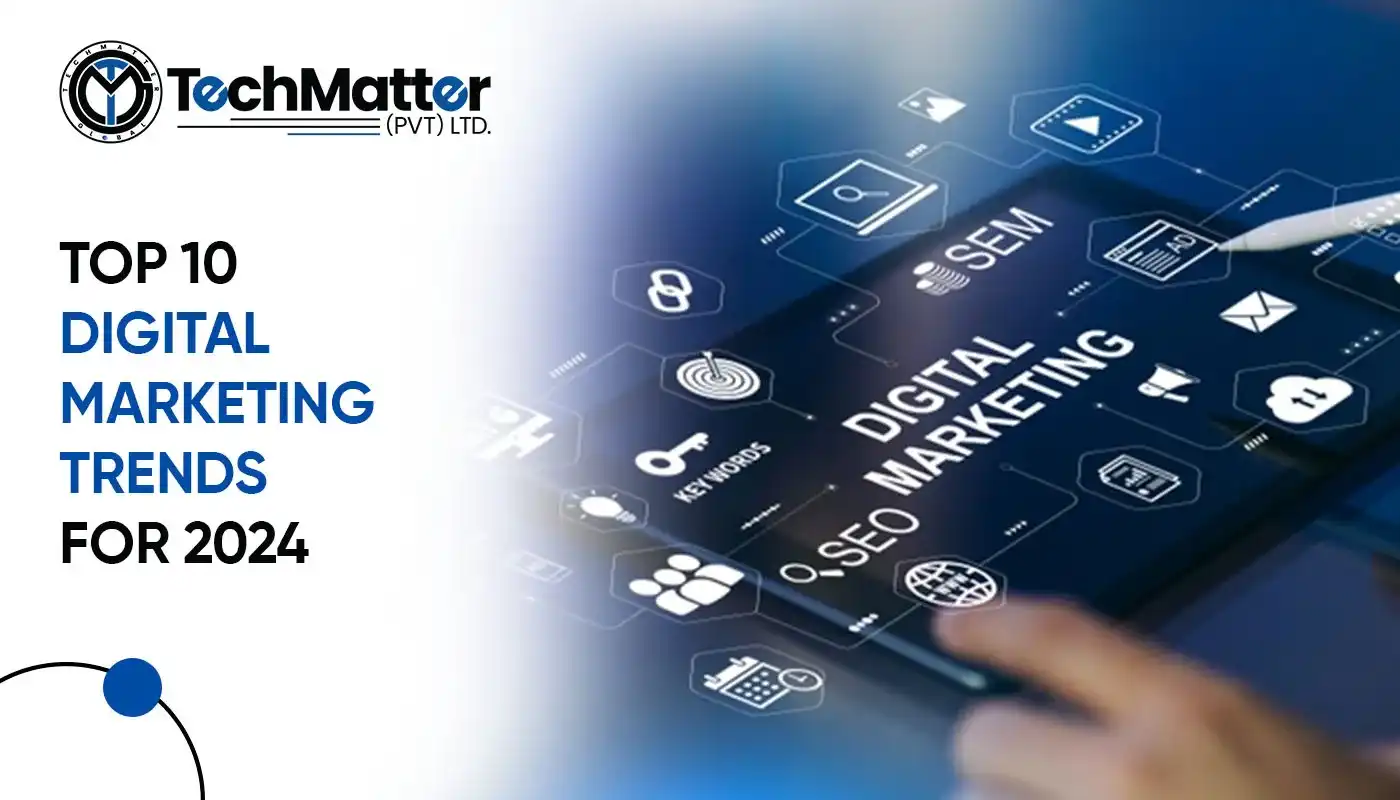
January 18, 2025
Top 10 Digital Marketing Trends for 2024Discover the must-know digital marketing trends for 2024. Stay ahead of the curve and elevate your strategies with these insights! Read more now!
Mia Anderson
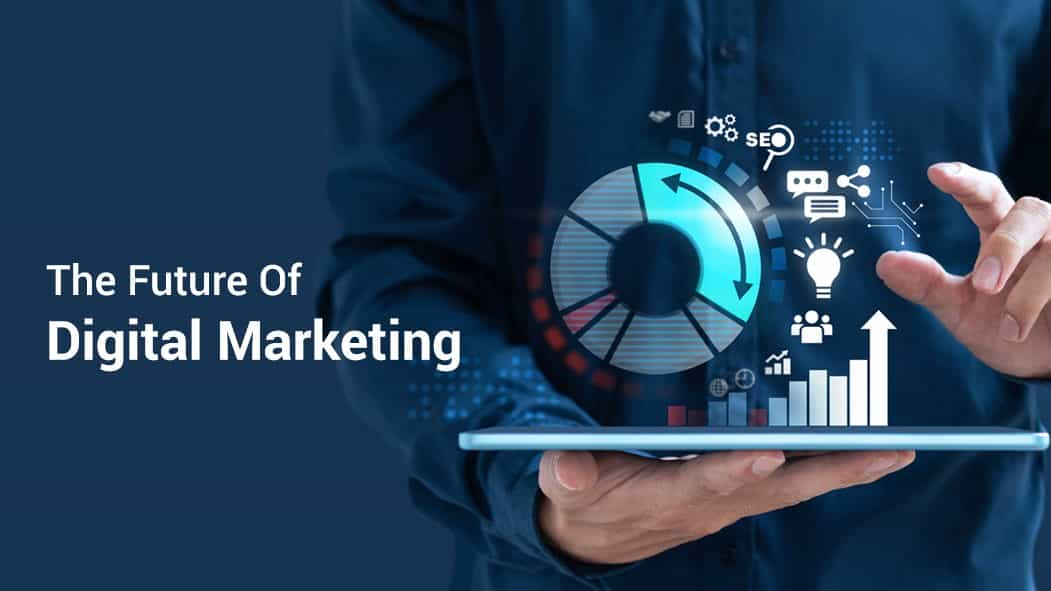
January 22, 2025
The Future of Digital Marketing RevealedExplore where digital marketing is headed in the next decade. From AI to VR, see what’s shaping the future of online marketing. Don’t get left behind!
Mia Anderson
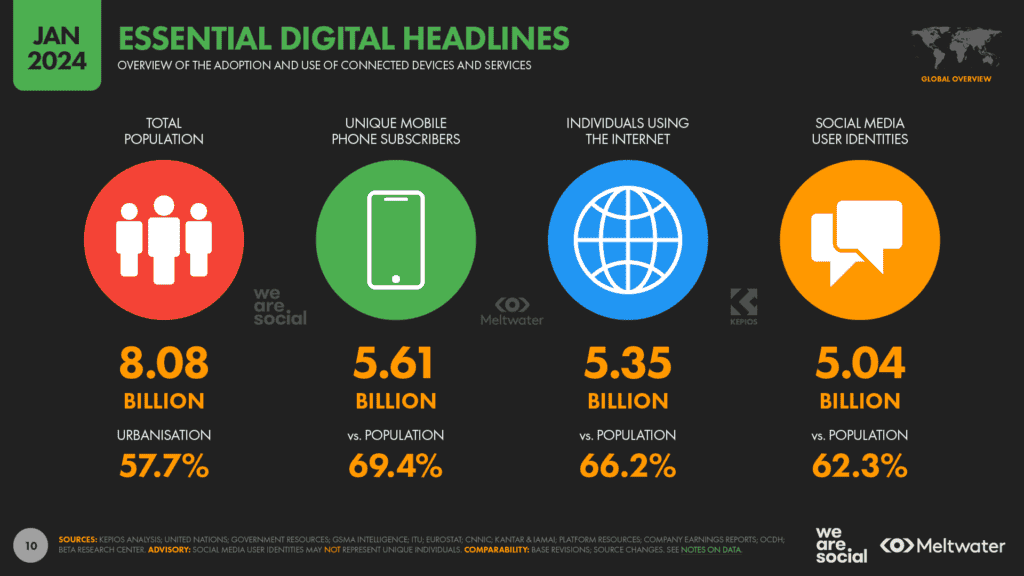
January 23, 2025
Social Media in Digital Marketing 2024Learn how social media is revolutionizing digital marketing in 2024. Boost your brand with actionable tips for viral campaigns!
Mia Anderson
Entertainment
View AllDiscover the latest tips for writing engaging movie reviews. Boost your review skills with our expert guide. Click to learn how to captivate your audience!
Mia Anderson
Discover expert tips to elevate your binge-watching sessions in 2024. Stay entertained and healthy with these essential tricks. Click now for the ultimate guide!
Mia Anderson
Unlock the power of video games storytelling! Learn how to create immersive narratives that captivate players. Click to elevate your game design today!
Mia Anderson
Discover how the Metaverse is revolutionizing entertainment in 2024. Read about the latest trends and innovations shaping the future of digital experiences.
Mia Anderson
Automotive
View AllLearn how electric vehicles (EVs) help reduce greenhouse gas emissions and combat climate change. Discover the environmental benefits!
Read MoreStay ahead of the competition by exploring the latest Dealer Daily trends transforming car dealerships. Adapt and thrive now!
Read MoreGet answers to the most common questions about selling your car. Make informed decisions today!
Read MorePolular🔥
View All
1
2
3
4
5
6
7
8
9
10
News
View AllAugust 7, 2024
2024 Presidential Candidates: The Ultimate Guide to the Upcoming US Election
Read MoreTechnology
View All
December 19, 2024
The Best Laptop for Remote Work in 2024 – Find Out Which One Wins!
Discover the ultimate laptop for remote work! Click to learn about the top contenders and choose the perfect productivity partner.

December 16, 2024
5 Must-Have Accessories for Your New Laptop – Get Them Now!
Enhance your laptop experience with these essential accessories! Click to explore and grab the perfect additions to your setup.

December 20, 2024
Don’t Buy That Smartphone Until You Read This 2024 Comparison
Make an informed smartphone purchase! Our 2024 comparison guide helps you find the perfect match. Click to learn more.
Tips & Trick
View All











